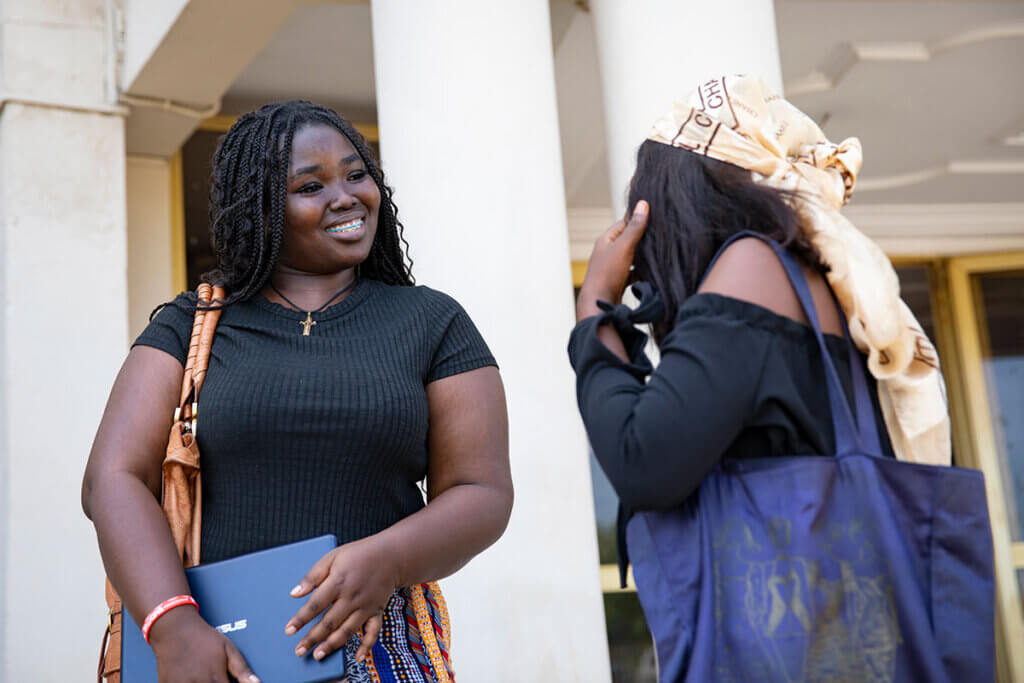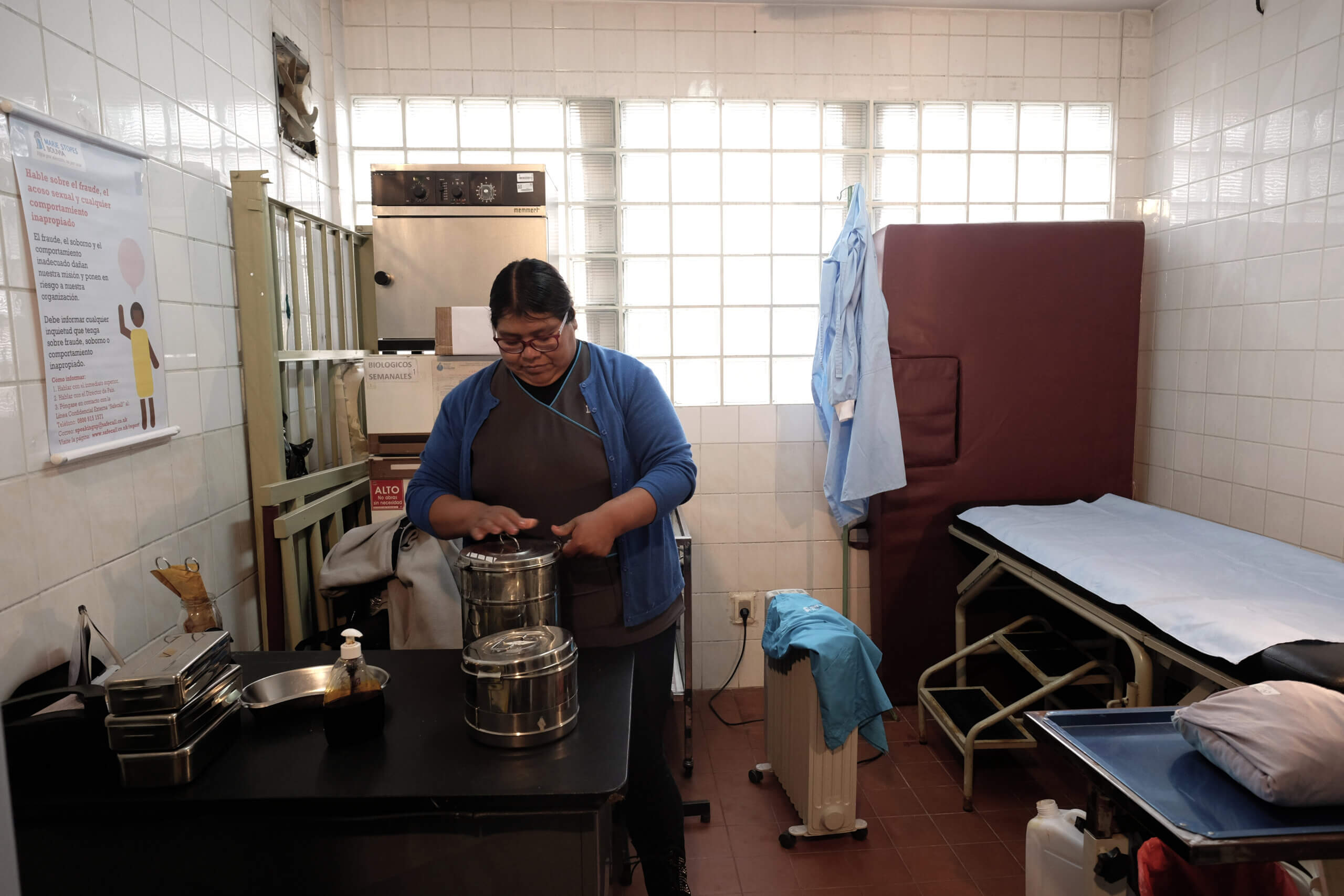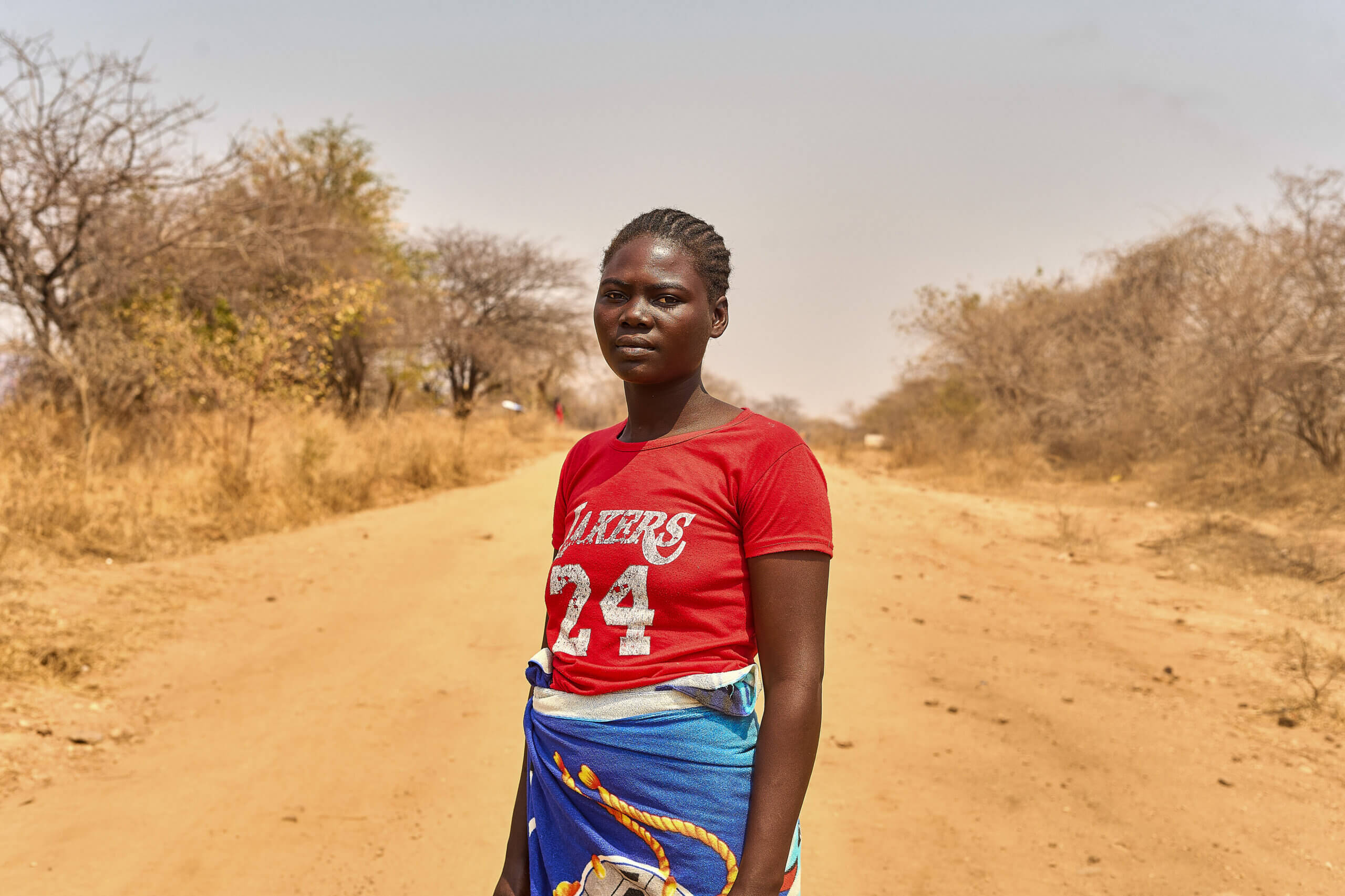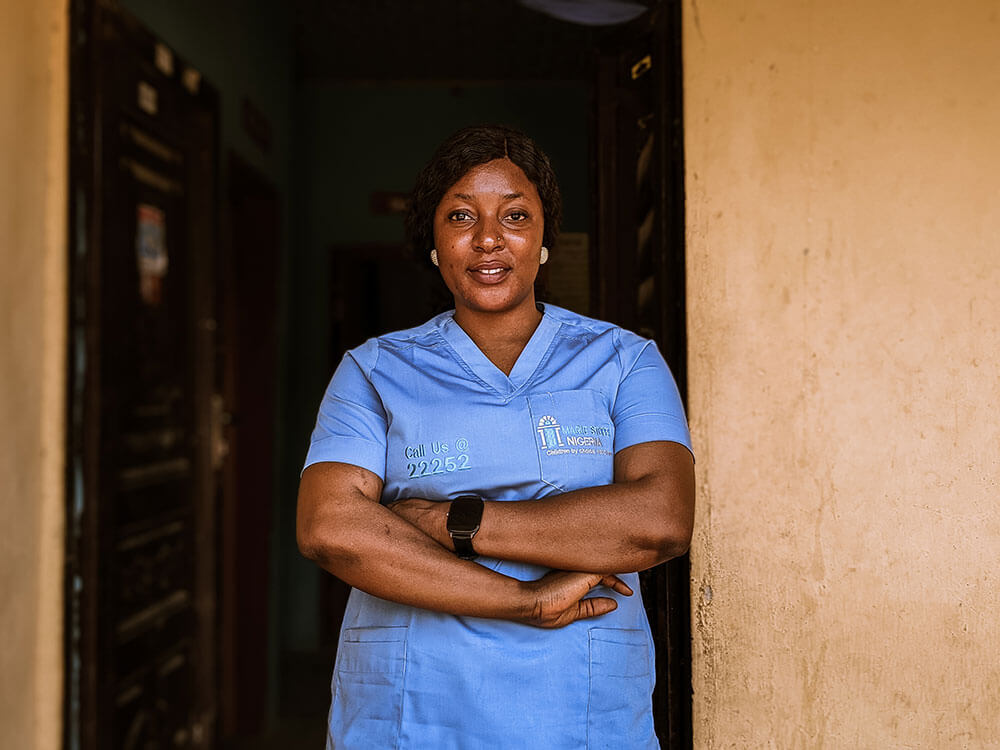Supporting girls’ futures
Generous US donors empower young people to make decisions about pregnancy and education, and to pursue their dreams.
In the countries where we work, adolescents aged 15-19 who want to avoid pregnancy have much higher unmet need for modern contraception than do all women of reproductive age: 43% vs. 24%. They tell us that they fear being judged for stepping into a family planning clinic—if they know about contraception at all. Restrictive laws and policies make access even harder. That’s why MSI has developed tailored strategies to remove the barriers that teens and young adults face. In fact, since 2017, we’ve dramatically increased the proportion of our clients who are adolescents and youth through targeted investment in services designed to be adolescent-friendly.
In 2022, MSI supported nearly two million adolescents with their sexual and reproductive health.
How we support adolescents’ sexual and reproductive health
We start by engaging community gatekeepers in conversations about adolescents’ sexual and reproductive health. When parents, grandparents, teachers, and other adults in the community are aware that contraception can help their children stay in school and achieve a healthier, more secure future, they’re more inclined to support our efforts to educate young people.
Then, we develop communication strategies that will resonate with adolescents. Our marketing is most effective when it’s targeted at specific audiences. We speak differently with married, rural adolescents compared to unmarried, urban adolescents. We also involve adolescents in program design to ensure we’re meeting their needs.
Finally, we examine existing services to make sure they’re adolescent-friendly. This can encompass everything from training providers to redesigning service delivery sites. Cost is frequently a barrier for young people. That’s why we employ strategies such as waivers to ensure that adolescents can afford necessary care.
By investing in adolescents’ sexual and reproductive health, you’re helping more young people than ever plan for a brighter future.
Case Study: Hingis, Ghana
“My proudest achievement is being the second in my family to go to university,” Hingis told us. At 24, she’s working towards a degree in health and psychology. She plans to work in healthcare administration in Ghana after she graduates.

An unintended pregnancy would mean the end of her hard-earned education. But Hingis has had previous negative experiences when buying contraception as a young person. “One time, I went to get the morning after pill at a pharmacy and they started preaching to me about making better choices.”
Then, she saw a social media post about MSI’s services and decided to make an appointment. “The nurse told me that no one was judging me for being there,” Hingis explained. “I don’t want to be in a situation that I didn’t choose.”
Hingis says that Ghana is becoming more equal—and that contraception is a contributing factor. “Now, women can be out there making money, pushing our families to the top and making our country proud. Access to contraception has helped to close this gap between men and women.”






